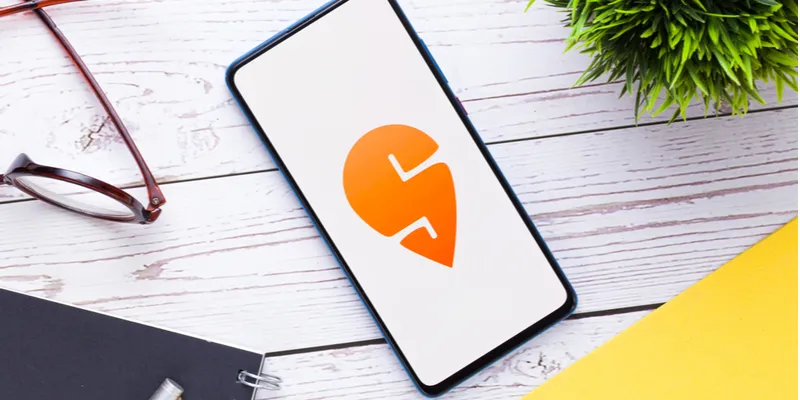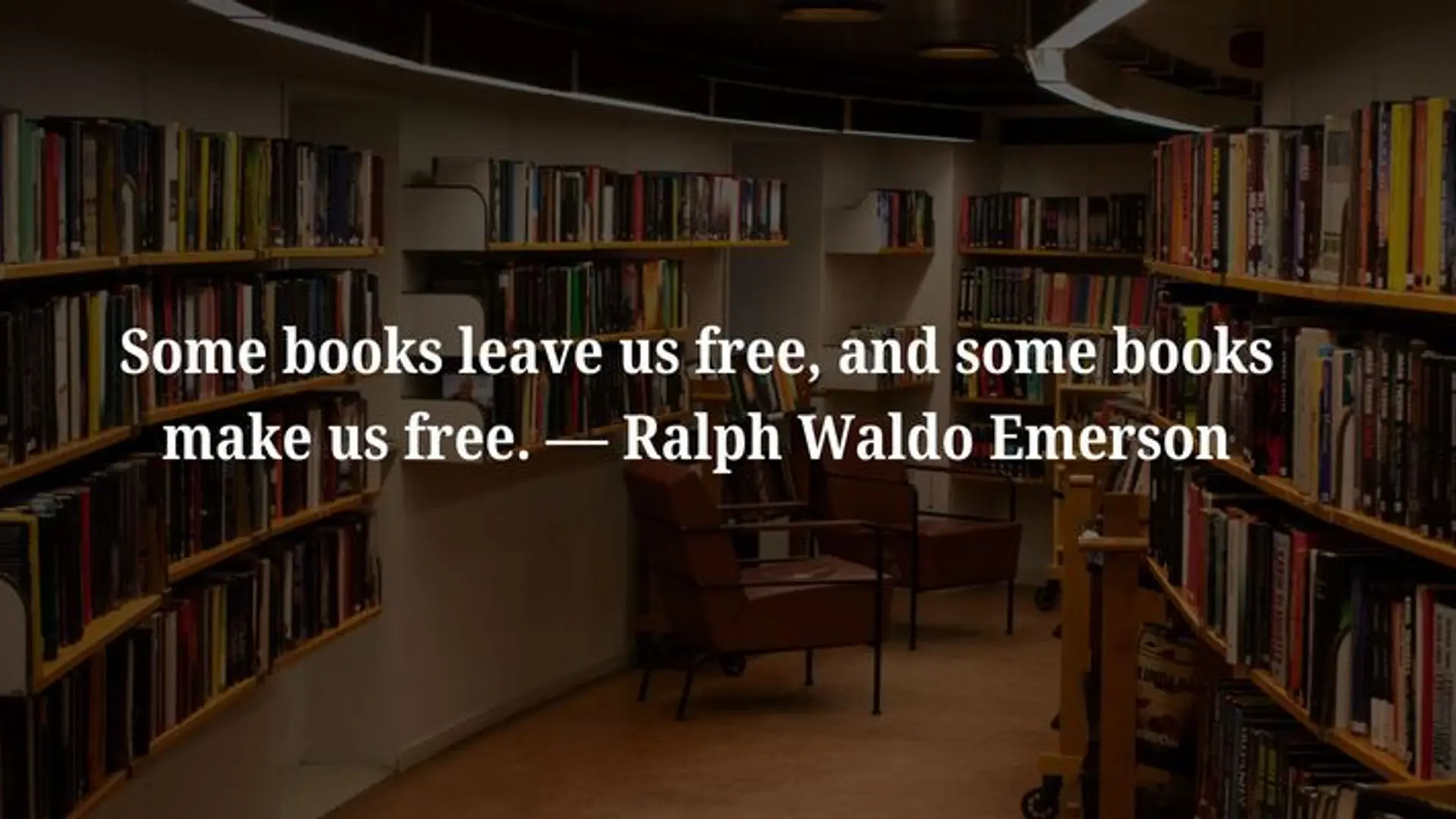Zepto bets on cafes in search of better margins
Zepto has seen its valuation soar to $900 million in less than nine months. With a café pilot and a private label plan, the startup aims to get a bigger share of the quick commerce pie in India.
When Rachel Goenka, who owns multiple restaurant brands under The Chocolate Spoon Co., began losing much of her business due to pandemic-led lockdowns, she started looking for an alternative.
Like most branded restaurants–including Riyas Amlani’s Social and Mumbai-based The Bombay Canteen–she too set up her own last-mile delivery in 2020 to avoid paying about 20 percent commissions to food delivery aggregators. It was also the only way to not have to lay off her staff.
But matching up to the speed of food delivery is not an easy task. Established food delivery unicorns Zomato and Swiggy come with years of experience and are backed by deep-pocketed investors. As the deadly second wave subsided in the second half of 2021, restaurants started to open up. However, it became clear that while people would be dining in, online ordering was here to stay.
This is how Rachel found , a startup founded by two 19-year old Stanford dropouts, which was already creating ripples in the quick commerce segment through its 10-minute delivery.
Zepto wanted to look beyond delivering groceries to find better margins and was looping for cafes to partner with.
“We were one of the few initial brands to pilot with Zepto Cafe,” says Rachel.

Rachel Goenka, head the Chocolate Spoon Co., which runs multiple restaurant brands including The Sassy Spoon.
The pilot
Launched in Mumbai in April, Zepto Cafe delivers coffee and snacks within 10-20 minutes. These products are sourced from brands including Mumbai’s A1 Samosa, Chaayos, Blue Tokai, and Rachel’s Sassy Teaspoon.
While Zepto declined to share the number of orders being delivered every day, it said “the plan is to scale this service soon and take it to more customers”.
“The thought process behind our cafe is to have an offering where people can order both groceries and have snacks at the same time. When you step into a 7-Eleven store in the US, you could essentially do this...have coffee and buy some ready to-eat snacks. That’s what we also want to provide through a quick format,” Aadit Palicha, Co-Founder and Chief Executive Officer (CEO), Zepto, told YourStory in an interaction.
Started in 2021 by Aadit and Kaivalya Vohra, Zepto promises grocery delivery in 10 minutes. In less than nine months, the quick commerce player has raised $360 million at a $900 million valuation. It competes against the likes of Swiggy Instamart, (earlier Grofers), and .
For the cafe format, the firm buys products directly from food brands in bulk, multiple Zepto partners told YourStory. These products are then delivered to the quick commerce player’s dark stores and delivered by the firm’s delivery personnel as and when the orders are placed.
“Coffee and ready to eat offerings delivered in less time are pretty solid to increase retention and at the same time give very high margins. There are pretty solid profitability elements as well,” says Aadit.
What is the margin like for café products vis-à-vis the grocery category is something Aadit did not specify.
BTS of ten-minute delivery
Ecommerce players, especially online grocers, have benefitted from the COVID-19 pandemic induced lockdowns. The online grocery market alone is projected to touch $24 billion (in gross merchandise value) by 2025, according to a report by RedSeer Strategy Consultants, a Bengaluru-based market research firm.
However, profitability remains a key challenge for online grocers. Companies are now focussing on GMV to offset investment in infrastructure and other operating costs. According to a report by management consulting firm McKinsey, leading players have a negative EBITDA, while offline grocers typically have an EBITDA of 5 to 8 percent.
(EBITDA, or earnings before interest, taxes, depreciation, and amortisation, is a measure of a company's overall financial performance.)

Swiggy has also diversified into a gifting section. But its last-mile functions are similar to its food delivery service. Image Source: Shutterstock
This is especially true for quick commerce firms as they deal with low cost and low volume products.
High burn on delivery is not specific to India. Around the world, delivery players operating in last-mile delivery have found it challenging to make profits on this business model. And as the time is decreased from a couple of hours to minutes, the burn also increases unless a firm operates in a high-density area.
This means instead of going to an apartment complex to deliver one product, the delivery personnel does five, for instance, or more deliveries.
“We have already gotten efficiency for speed. Now, in quick commerce, ways to bring the burn down is either by doing more deliveries or offering high quality products at cheaper cost, which your kirana store owner will not have,” says a top executive at an ecommerce firm, who wished to remain anonymous.
“Let’s say you need parmesan cheese. Or tomatoes at 10 pm. Your kirana store owner might not have these products. That’s when people will think of getting it delivered,” they add.
Casting a wider net
Quick commerce players are creating their own labels to improve margins. That’s where even Zepto is heading. Currently, the firm is working on setting up its own private label and is in the process of setting up a manufacturing unit.
“Private labels is something which has a lot of operational depth. We want to do it right. We want to do supply chains, build a factory and muscle some factory management. So, it is very complex and we do not want to rush it,” says Aadit.
While the co-founder did not reveal further details about which categories they would want to enter in, he added that the new offerings will be live by the end of 2022 or the start of next year.
According to media reports, Zepto is also looking to enter the online pharmacy space, a category that would pit the startup against the likes of Tata 1MG, Netmeds, and Pharmeasy.
Backed by investors such as Y Combinator Continuity Fund and Glade Brook Capital Partners, Zepto needs to zero in on a winning formula.
In December 2021, competitor said it has raised $700 million to expand in this space. Zomato, another top contender in the quick commerce segment, already owns a 10 percent stake in Blinkit, with media reports hinting at a potential acquisition in the near future.
Among its other initiatives, Swiggy has also started a ‘gifting’ section, where products including cakes, chocolates and ice-creams are retailed. The platform delivers these products from outlets of partner brands including Theobroma, Chaayos, Starbucks and The Baker’s Dozen.
The quick commerce segment, which promises deliveries between 10 and 30 minutes, is projected to grow 15x reaching a market size of $5.5 billion by 2025, according to RedSeer.
(This story has been updated to correct the name of one of Zepto's partner cafes)
Edited by Affirunisa Kankudti









